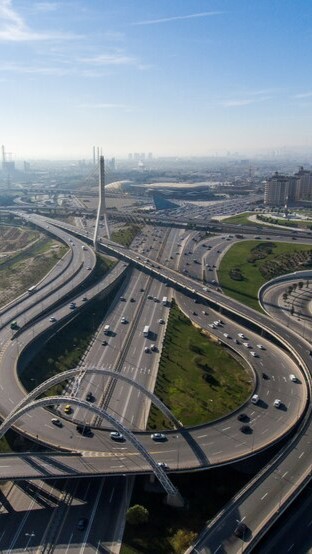How Big Is Turkey's Construction Industry? Discover the Facts & Figures
The construction industry is one of the most dynamic and significant sectors of Turkey’s economy, playing a vital role in the country’s rapid modernization and urbanization efforts. With a robust pipeline of projects, from towering skyscrapers in bustling city centers to expansive infrastructure developments connecting remote regions, Turkey’s construction industry has transformed the urban landscape both domestically and abroad. Not only does this sector contribute massively to employment, but it also attracts substantial foreign investment, making Turkey a key player on the global construction stage.
But just how big is the construction industry in Turkey? With continued growth fueled by both private and public investment, this sector reflects Turkey’s ambition to become a modern, interconnected nation. This blog will explore the size, growth, and impact of Turkey’s construction industry, covering key statistics, emerging trends, and lucrative opportunities for both local and international stakeholders eager to participate in this thriving market.










